English for Beginners Worksheets for Ages 3-7 - Page 2
97 filtered results
-
From - To
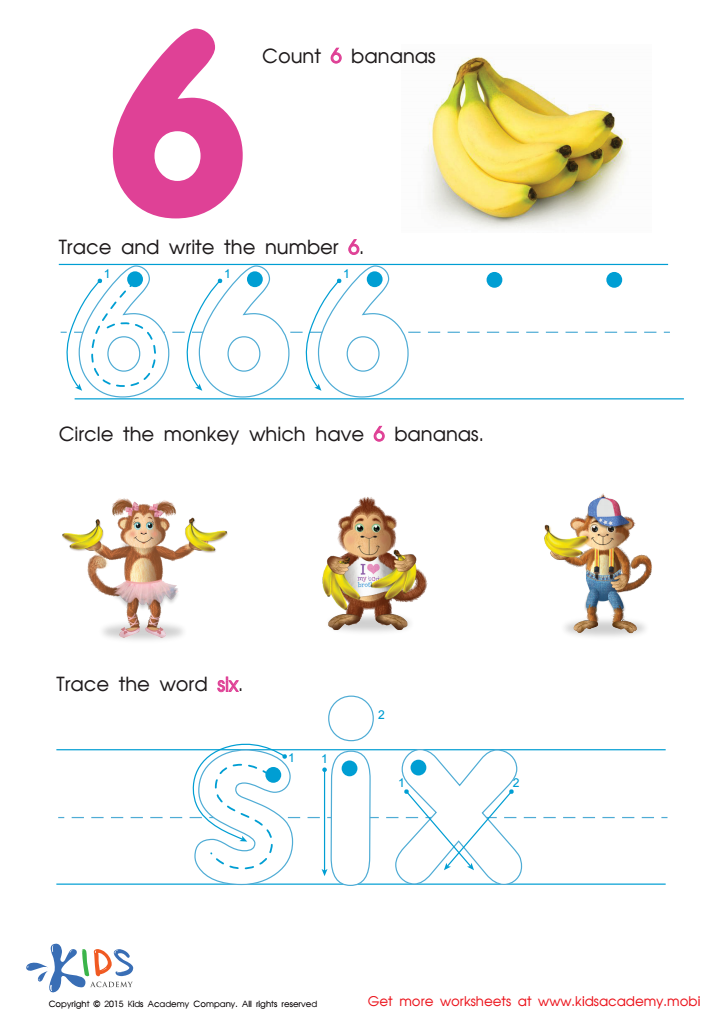

Tracing And Writing Number 6 Worksheet
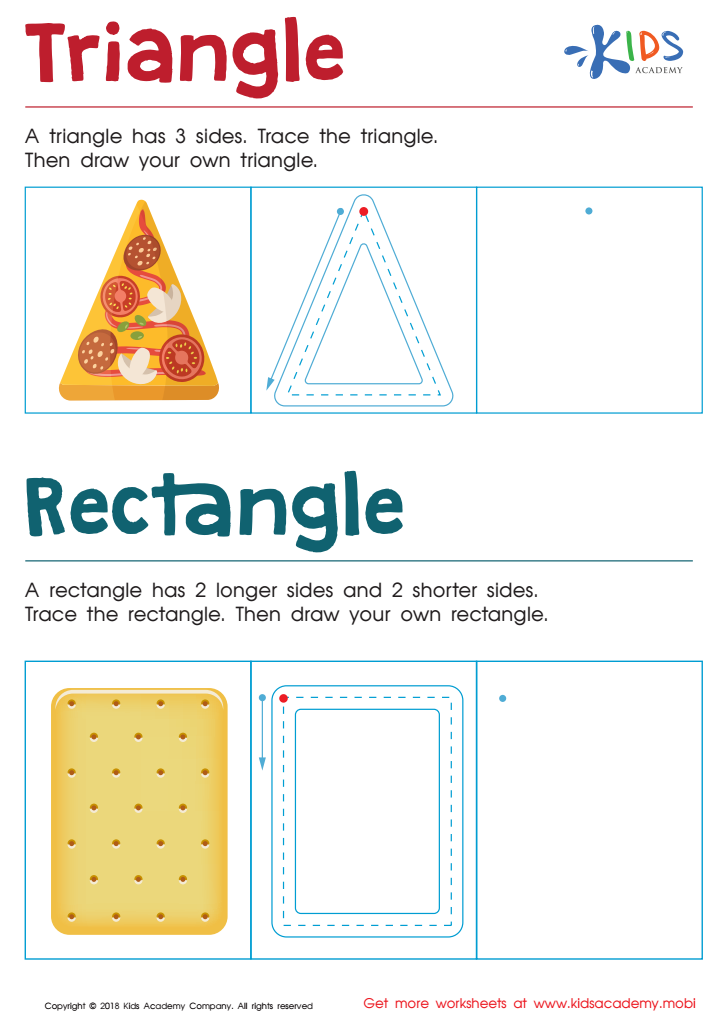

Triangle Rectangle Worksheet
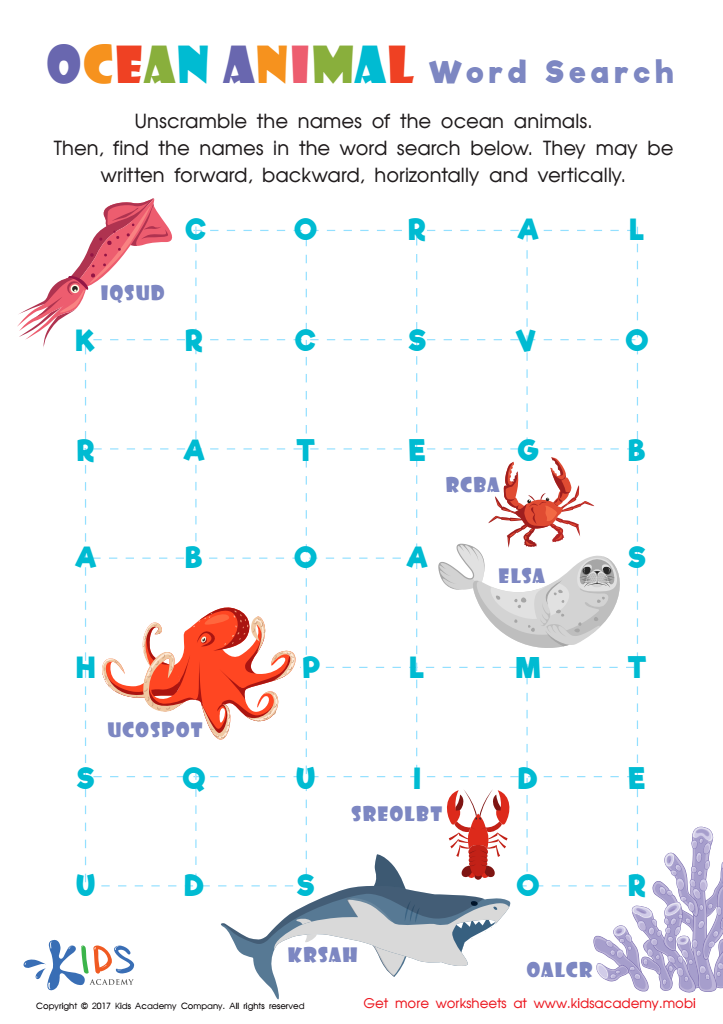

Ocean Animals Word Search Printable
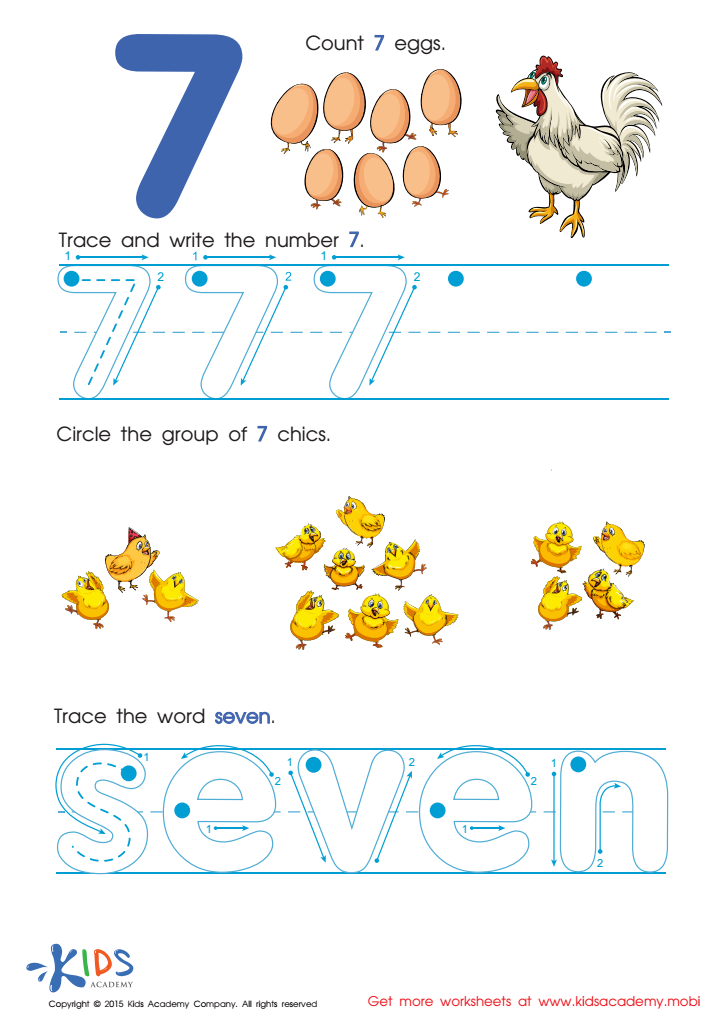

Trace And Write Number 7 with Fun Worksheet


Letter H Tracing Page


Tracing And Learning to Write Number 9 Worksheet
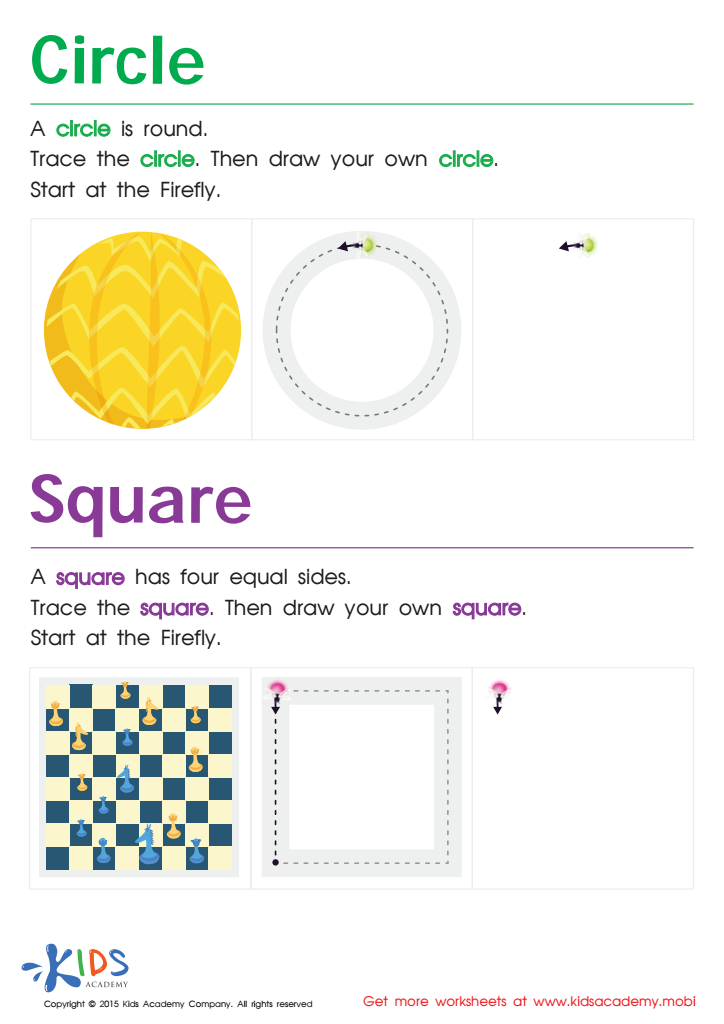

Trace And Draw a Circle And a Square Worksheet
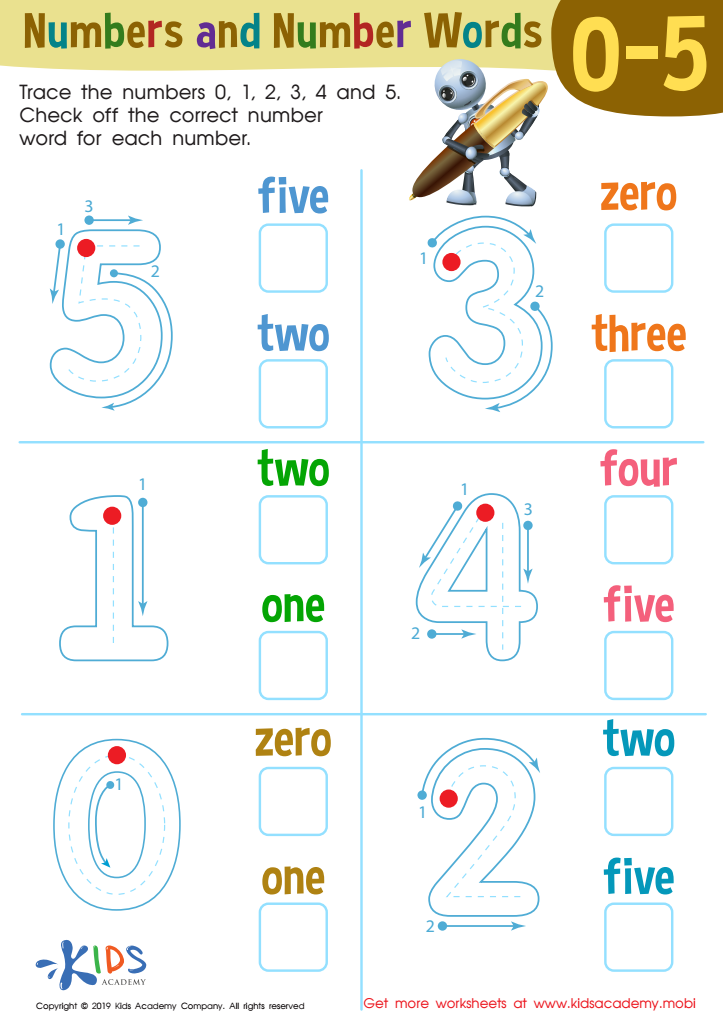

Numbers and Number Words Worksheet
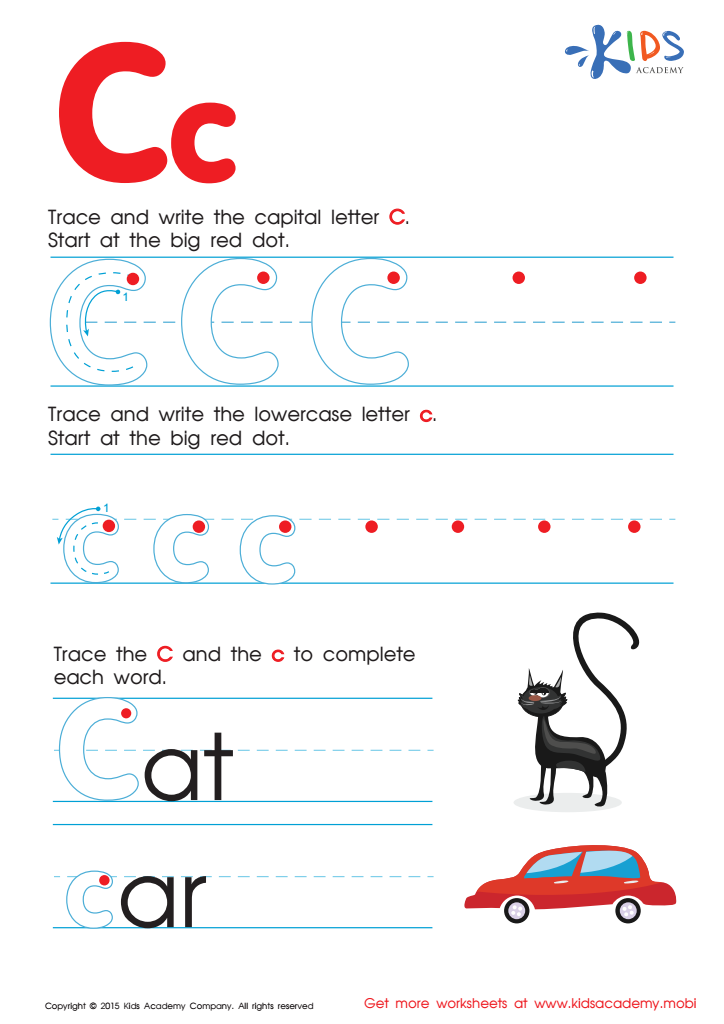

Letter C Tracing Page
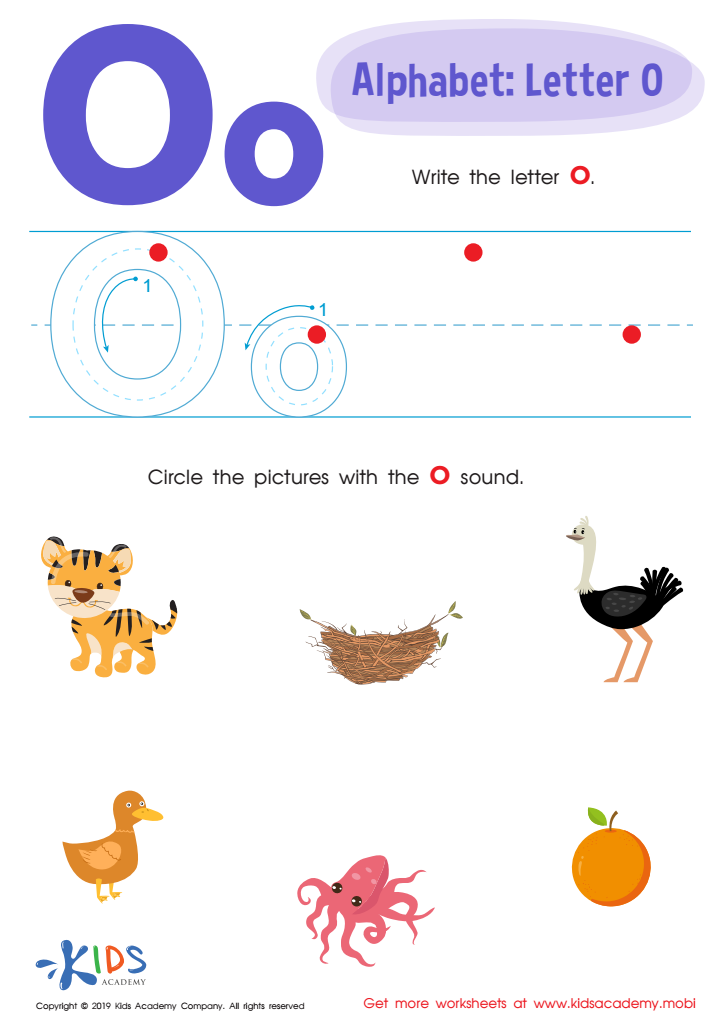

Letter O Tracing Worksheet
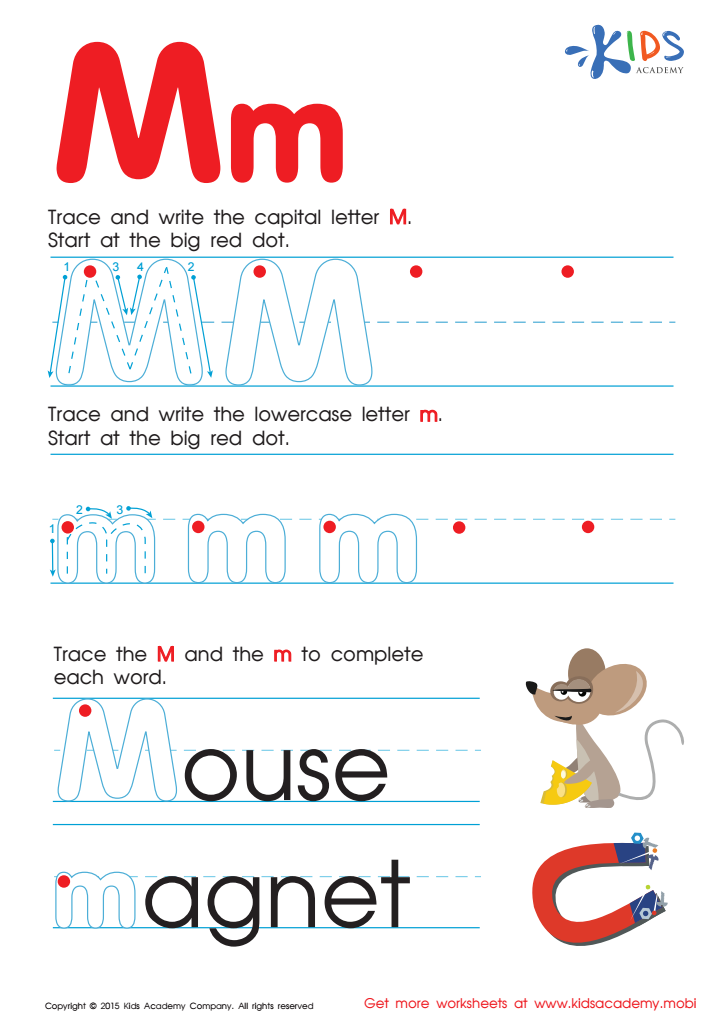

Letter M Tracing Page
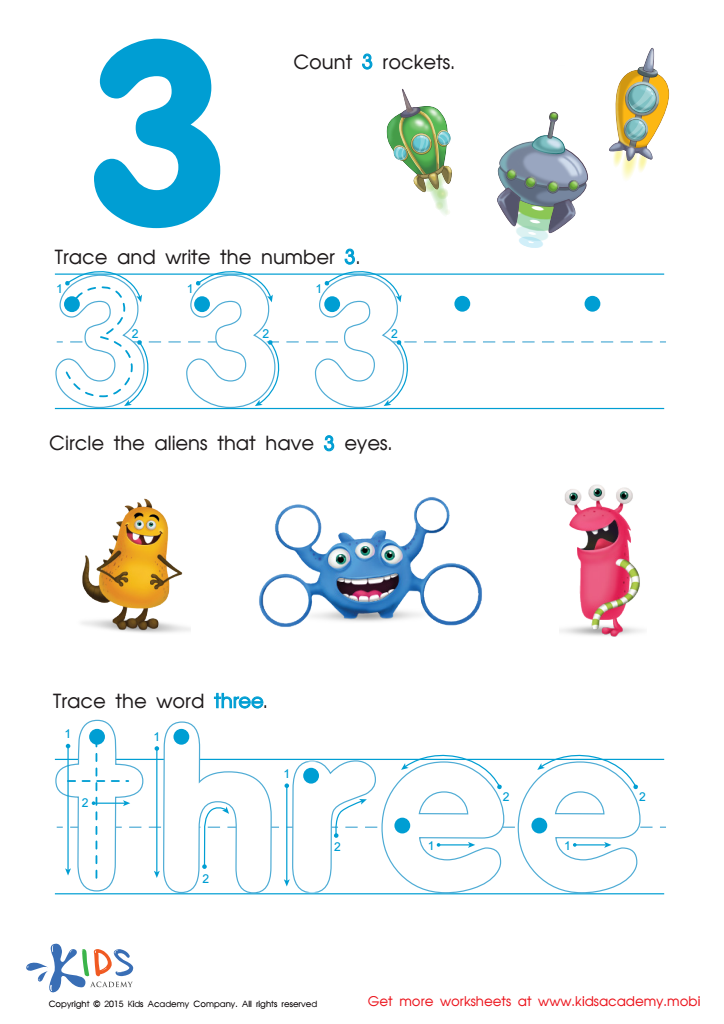

Learning Number Three Worksheet
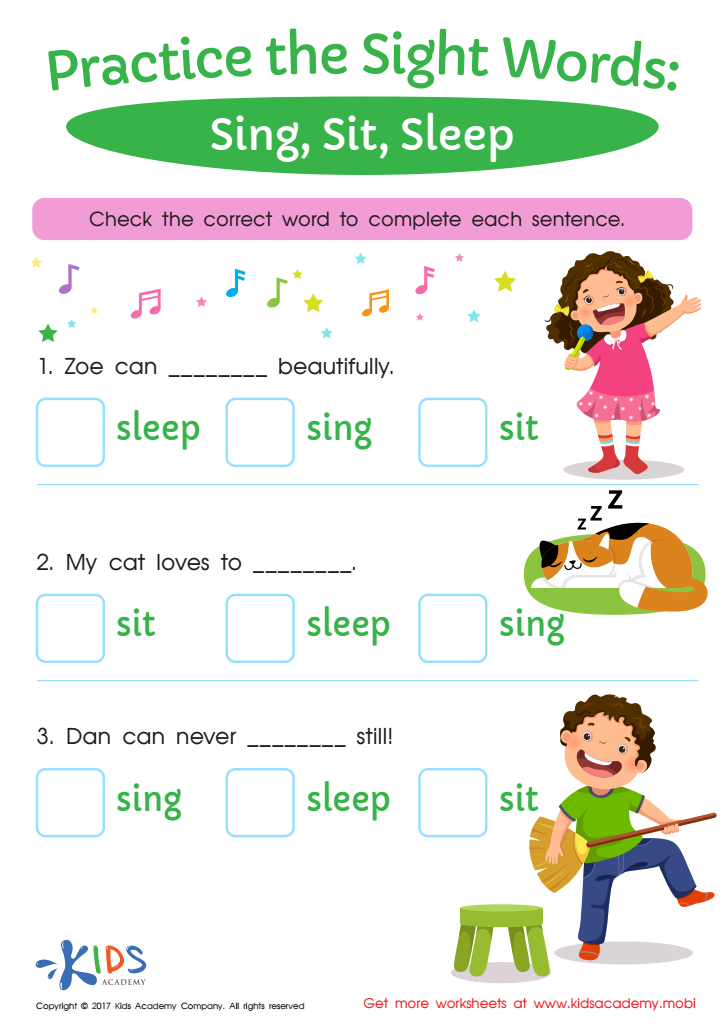

Sing, Sit, Sleep Sight Words Worksheet
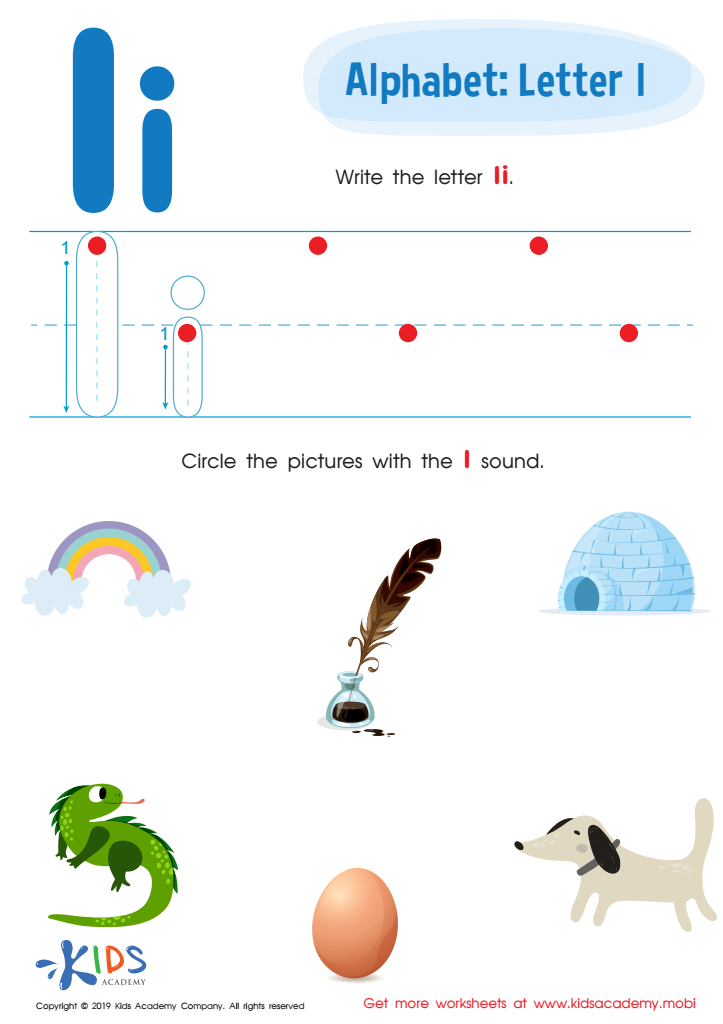

Letter I Tracing Worksheet
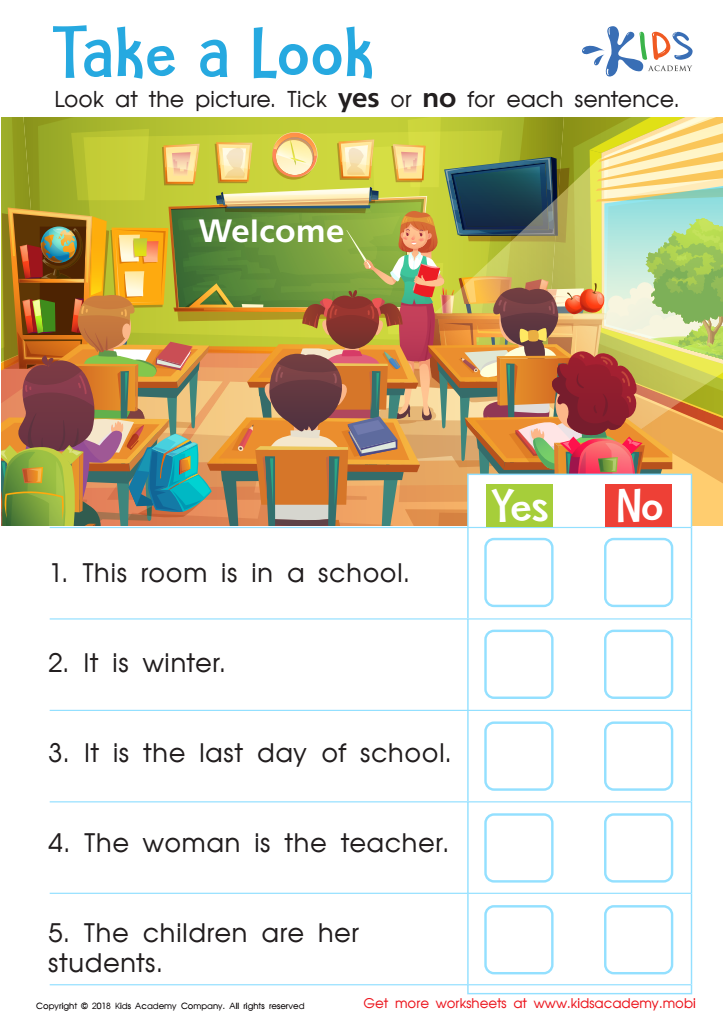

Take a Look - Part 2 Worksheet


Letter G Tracing Page


Is It a Triangle? Worksheet
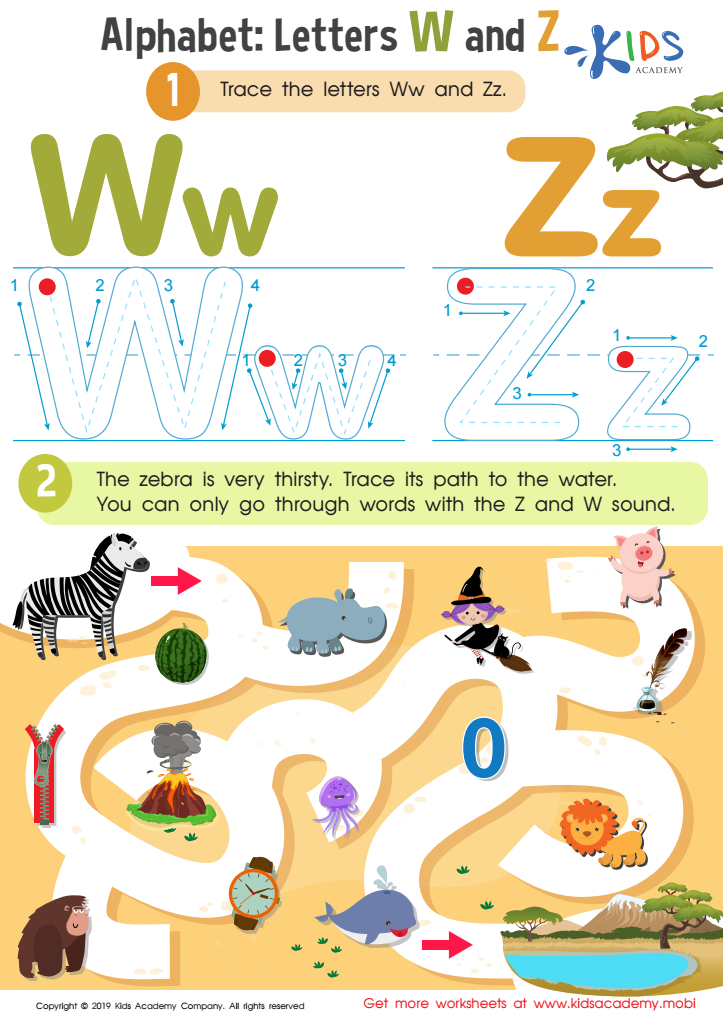

Letters W and Z Tracing Worksheet


Pink Tracing Color Words Worksheet


Red Tracing Color Words Printable
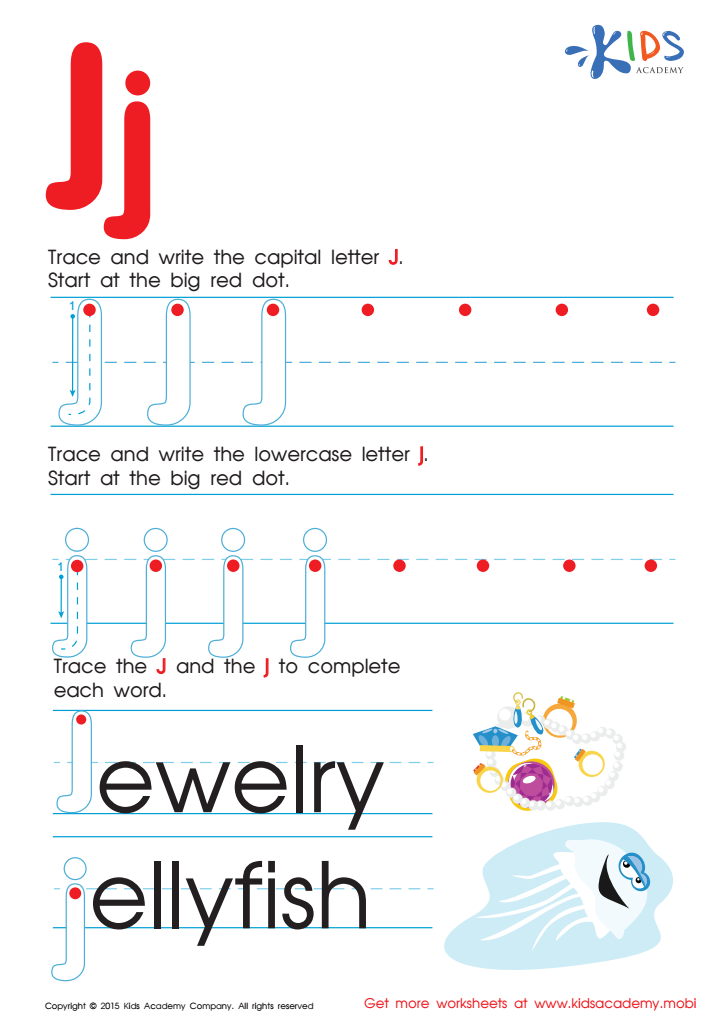

Letter J Tracing Page
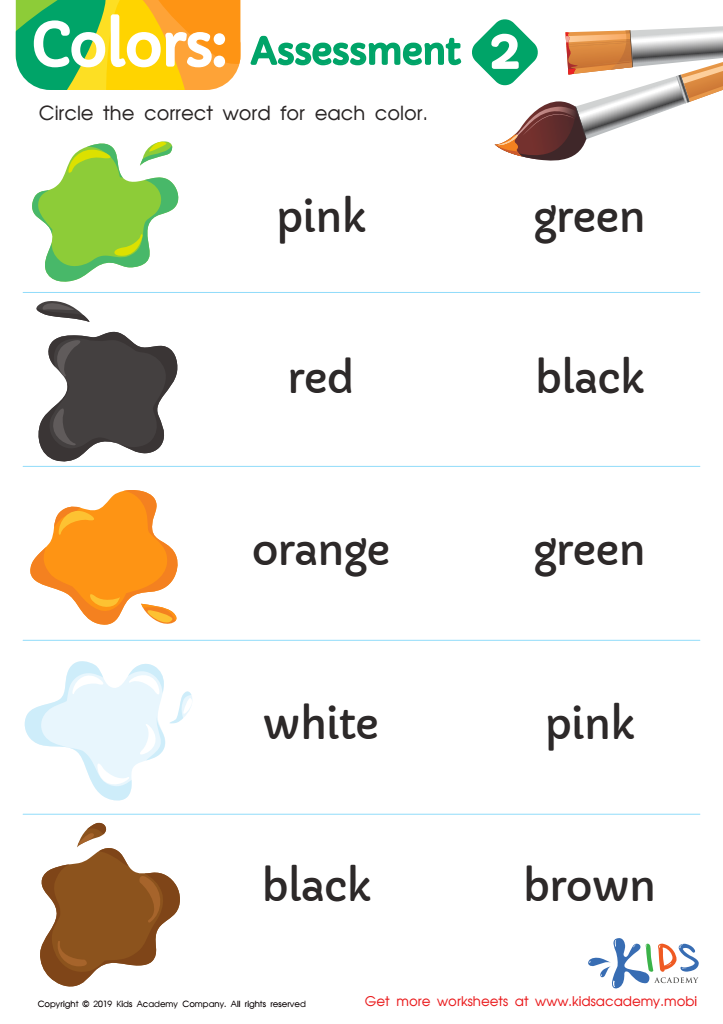

Colors: Assessment 2 Worksheet
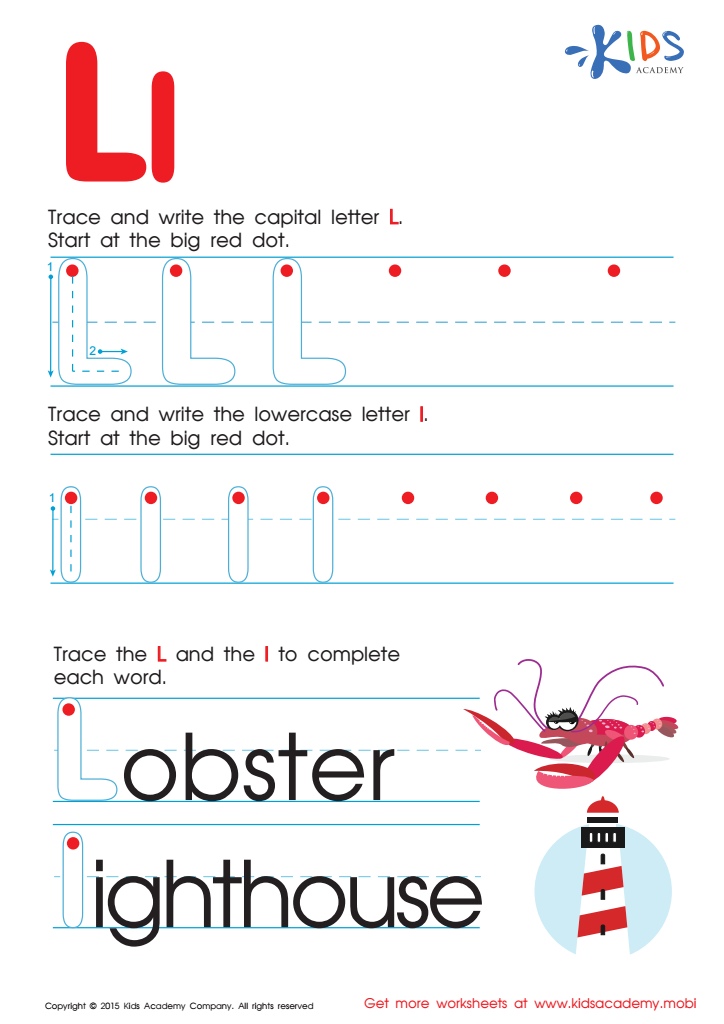

Letter L Tracing Page
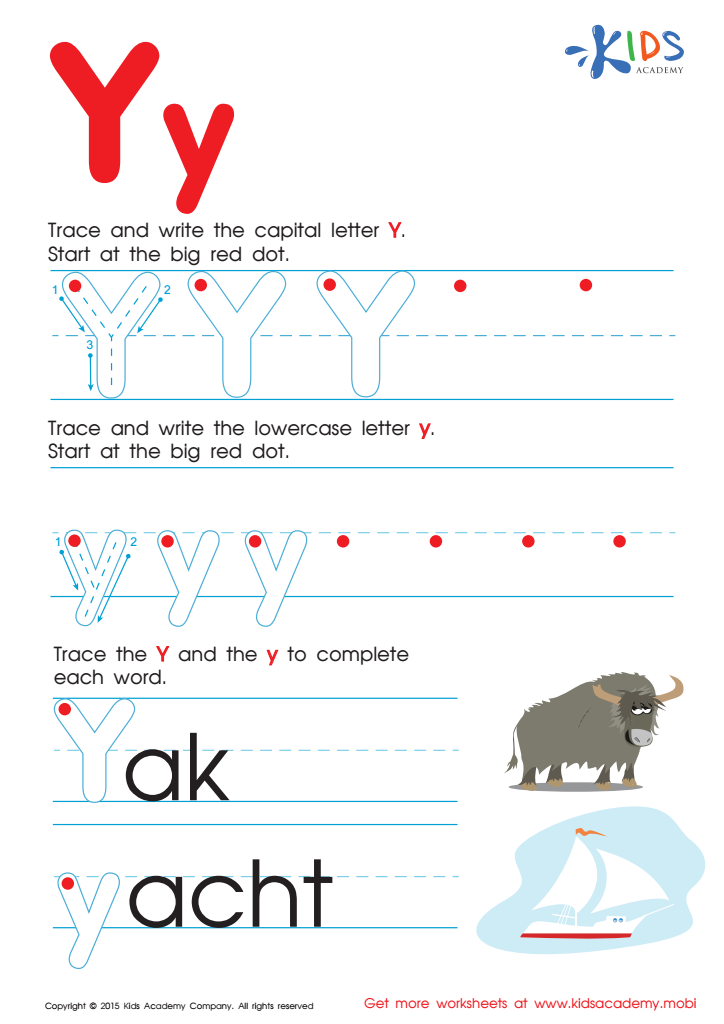

Letter Y Tracing Page
Introducing English to children aged 3-7 is a critical step that can profoundly influence their academic and social development. At this age, children's brains are incredibly receptive to language learning, making it an ideal time to begin English education. Learning English early can help children develop essential cognitive skills, including problem-solving, critical thinking, and improved memory.
For parents, providing English learning opportunities opens doors for future academic success, as English is often a foundational subject in schools worldwide. Mastering English early on can ease the transition into more complex subjects, leading to a more confident and competent student.
For teachers, fostering English skills in young learners sets a strong educational groundwork. Early exposure to a broad vocabulary and proper sentence structures aids in reading comprehension and effective communication. This foundation paves the way for future success in all subject areas.
Socially, children proficient in English can better connect with a diverse group of peers. They are more likely to engage confidently in conversations, foster friendships, and build important social skills.
Overall, early English education equips children with tools that are indispensable for lifelong learning and interpersonal communication, benefiting both their academic pursuits and personal growth. Hence, parents and teachers should be keen advocates for children learning English from a young age.

 Assign to My Students
Assign to My Students












